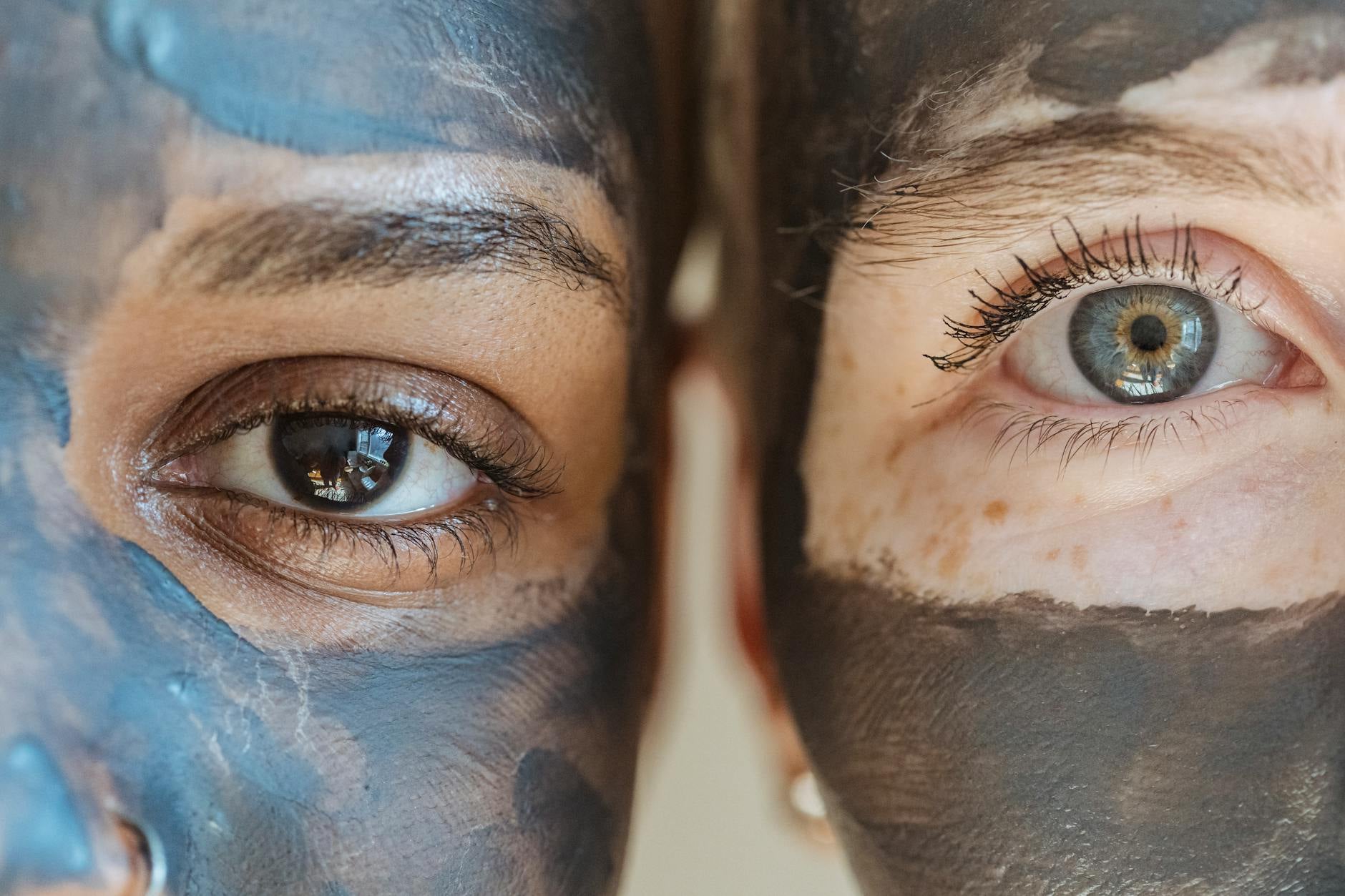
Individuals have many social identities, or groups to which we belong. We often use our membership in these groups to define who we are. For example, someone can define themselves as a woman, a Psychology professor, an Asian American, a mother, a Michigan Wolverine, and many more.
My research explores how individuals navigate between these social identities. How do people integrate identities with conflicting values? How do we make sense of who we are when people see us in different ways because of our identities? How do individuals change their identities when their situations change?
Integration of Multiple Identities
I am interested in how people manage social identities that have conflicting values. I study this question with different types of social identities, such as cultural identities, gender identities, or professional identities. I found that some individuals perceive their multiple identities as conflicting and keep them separate, while others see them as compatible and in harmony with each other. These individual differences predict important outcomes, such as well-being, creativity, negotiation, and decision making.
Selected Publications on this Topic
Benet-Martinez, V., Lee, F., Cheng, C. (2017). Bicultural Identity Integration (BII):
Components, Psychosocial Antecedents, and Outcomes. In Gelfand, M., Chiu, C.
Y., and Hong, Y. Y. (eds.). Advances in Culture and Psychology. New York: Oxford University Press. 244-247. https://doi.org/10.1093/oso/9780190079741.003.0006
Cheng, C., Hanek, K., Odom, A., Lee, F. (2020). Identity Integration and Cultural Cues Predict Ingroup Favoritism Among Biculturals. International Journal of Intercultural Relations. 2021(80), 321-335. https://doi.org/10.1016/j.ijintrel.2020.10.003
Belgrade, A., Kira, M., Sadaghiyani, S., & Lee, F. (2021). What Makes Us Complete: Hybrid Multicultural Identity and its Development. Journal of Community Psychology 50(5), 2290-2313. https://doi.org/10.1002/jcop.22776

Racial/Ethnic Stereotypes and Discrimination of Asians, Asian-Americans, and Pacific Islanders (AAPIs)
AAPIs face stereotypes and discrimination because of their racial/ethnic identity. I found that AAPIs are often stereotyped as lacking in interpersonal skills, and these stereotypes lead to perceptions of AAPIs as unfit for leadership. Also, during and after the COVID global pandemic, racial/ethnic stereotyping and discrimination of AAPIs have increased. My recent research examines how AAPIs experience and cope with this discrimination, and how AAPIs explore their racial, ethnic, and national identity after they experience discrimination .
Selected Publications on this Topic
Lee, F. (2019). Asian American and Pacific Islander Faculty and the Bamboo Ceiling: Barriers to Leadership and Implications for Leadership
Development. In S. Museus and M. Ting (Eds). Creating Conditions for
Asians to Thrive in Higher Education. New Directions for Higher
Education, 2019(186), 93-102. Wiley Blackwell, NY. (DOI: 10.1002/he.20326)

Cultural Identity Changes and Wellbeing
Individuals often move between different cultures. These include international students, people who work for global business organizations, immigrants, or refugees. Adapting to different cultures can be very difficult. How do shifts in cultural identities occur among these groups, and how do these processes relate to well-being and adjustment? I found that individual factors (such as values) and situational factors (such as the diversity in the environment) both matter in predicting how well people adapt to different cultures.
Selected articles on this Topic
Huff, S., Hanek, K., Brannen, M. Y., & Lee, F. (2021). Cultural Adaptation and Societal Context: The Role of Historical Heterogeneity in Predicting Adaptation. International Journal of Intercultural Relations. 2021(85), 141-155. https://doi.org/10.1016/j.ijintrel.2021.09.008
Belgrade, A., Kira, M., & Lee, F. (2022), The role of stable security in resettled refugees’ sense of wellbeing. Journal of Immigrant & Refugee Studies, 20(4), 546-560. DOI: 10.1080/15562948.2021.1955171.
Sadaghiyani, S., Belgrade, A., Kira, M., & Lee, F. (2022). Finding Strength in Adversity: Exploring the Process of Posttraumatic Growth Among Multicultural Individuals. Cultural Diversity and Ethnic Minority Psychology. 29(3), 316-331. http://dx.doi.org/10.1037/cdp0000517
Get in touch
Fiona Lee
Arthur F. Thurnau Professor of Psychology
530 Church Street
Ann Arbor, M 48025
